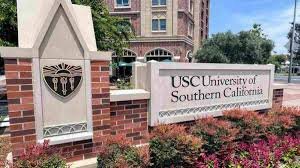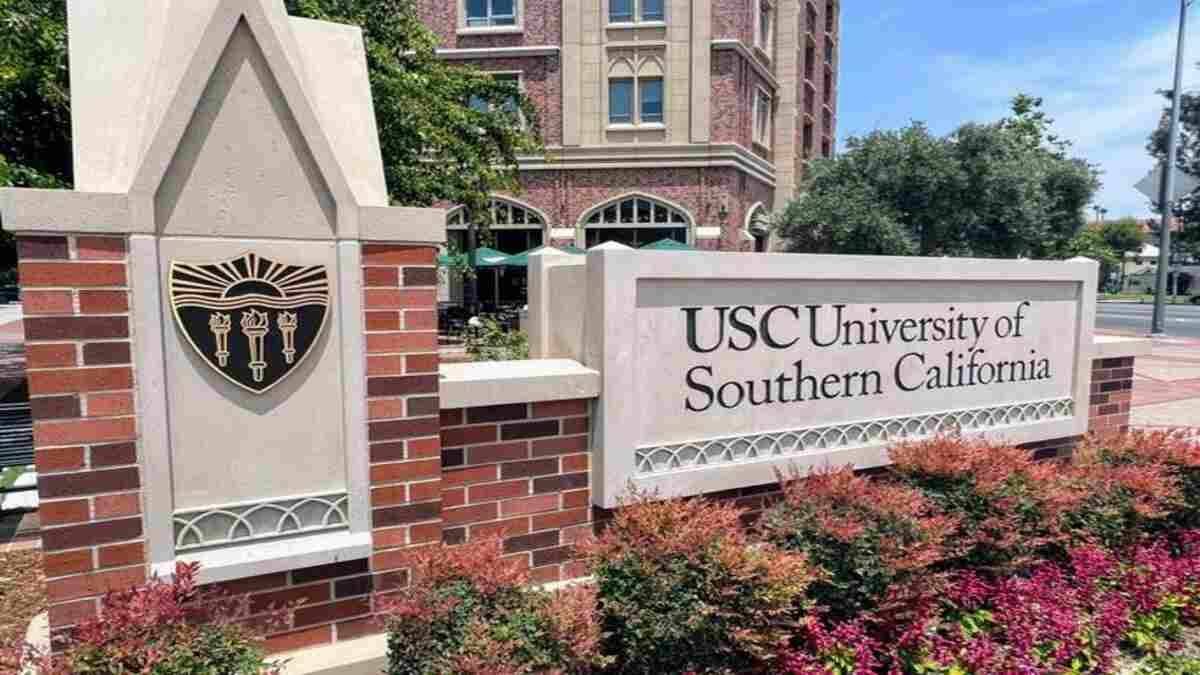Are Employers Ready to Match Student Debt Payments with Retirement Contributions?

Employers are reluctant to provide workers with a new benefit that would allow many to pay off student loans and save for retirement, even though the law makes it easier, according to experts.

In December 2022, the SECURE Act became law, and it included a provision that allows employers to start charging student loan payments for 401(k) or other retirement contributions. The goal is to prevent Americans from having to choose between repaying student loans or saving for retirement.
However, lingering economic concerns, including the possibility of a recession, could put a damper on employers’ plans. With uncertainty hanging over employers’ plans, borrowers will continue to struggle with how to allocate their income.
According to a survey of nearly 2,000 companies by Plan Sponsor Council-America this year, only 5% said they won’t provide student loan matching, and the reasons for the lack of coverage ranged from cost to complexity to competing priorities to lack of interest and necessity.
Many compensation teams in the corporate world are focused on controlling costs, so I expect that many will be hesitant to expand their benefits,” Aaron Terrazas, chief economist at the job site Glassdoor, wrote in an email.
However, there are some industries, such as health care, and professional services, that require attracting and retaining talent, which may speed up the process, Tom Armstrong, VP of Customer Analytics & Insight at Voya Financial, said.
What is student matching?
If you make a student payment, your employer will match the amount of money you contribute to their 401(k) or 403(b) plan. The exact structure of the match depends on the company’s policy. Employees would need to certify that they made qualifying student payments each year. For example, if your employer offers a 4% match for contributions to a 401(k), you would be able to make a student payment and receive a match of up to 4% per dollar.
The student matching program mirrors that of the 401(k), so the matching amount, eligibility and vesting rules will be the same. However, vesting may require you to stay with your employer for a certain amount of time, or you could lose all or part of your retirement savings if you are not fully vested.
Are more companies planning to offer student matching in 2024?
“As we move into 2024, the number of companies offering this benefit is increasing,” said Voya’s Armstrong.
If the student-debt crisis continues, companies will likely continue to offer some form of student-loan benefits, but “I’m not sure it’s going to be this specific type of benefit,” said EdAssist’s (EdAssist stands for education finance) senior director of finance at Bright Horizons. “Some companies are already helping their employees pay off student loans and won’t see a need to adjust their benefits, while others say their employees need immediate help paying off their student loans, and they’d prefer direct payments over a retirement match.”
In 2021, employers were able to offer tax-free student-loan repayment benefits of up to $500,000, according to Paycor’s (paycor). Last October, the number of employers offering such benefits increased to 34 percent from 17 percent in 2021.
Some companies also offer student-loan payment counseling, as well as “third-party” or “interest-free” educational loans, debt consolidation, and refinancing. Examples include:
Staples, Fidelity, Chegg, ChowNow, First Republic Bank
How many borrowers can take advantage of corporate student loan relief?
There are an estimated 45 million student loan borrowers in the U.S., with a total student loan debt burden of $1.7 trillion.
The Department of Education reported that 22 million borrowers had to make payments in October following the end of the government’s student loan payment suspension, and only 60% of those borrowers made their payments in mid-November.









